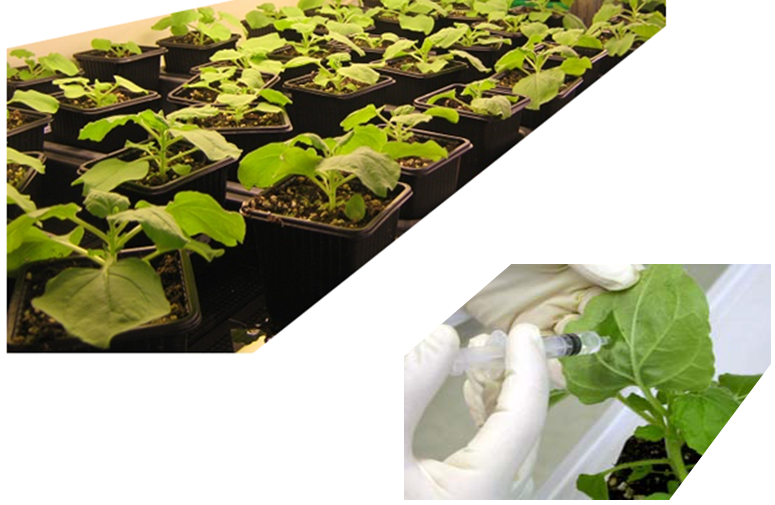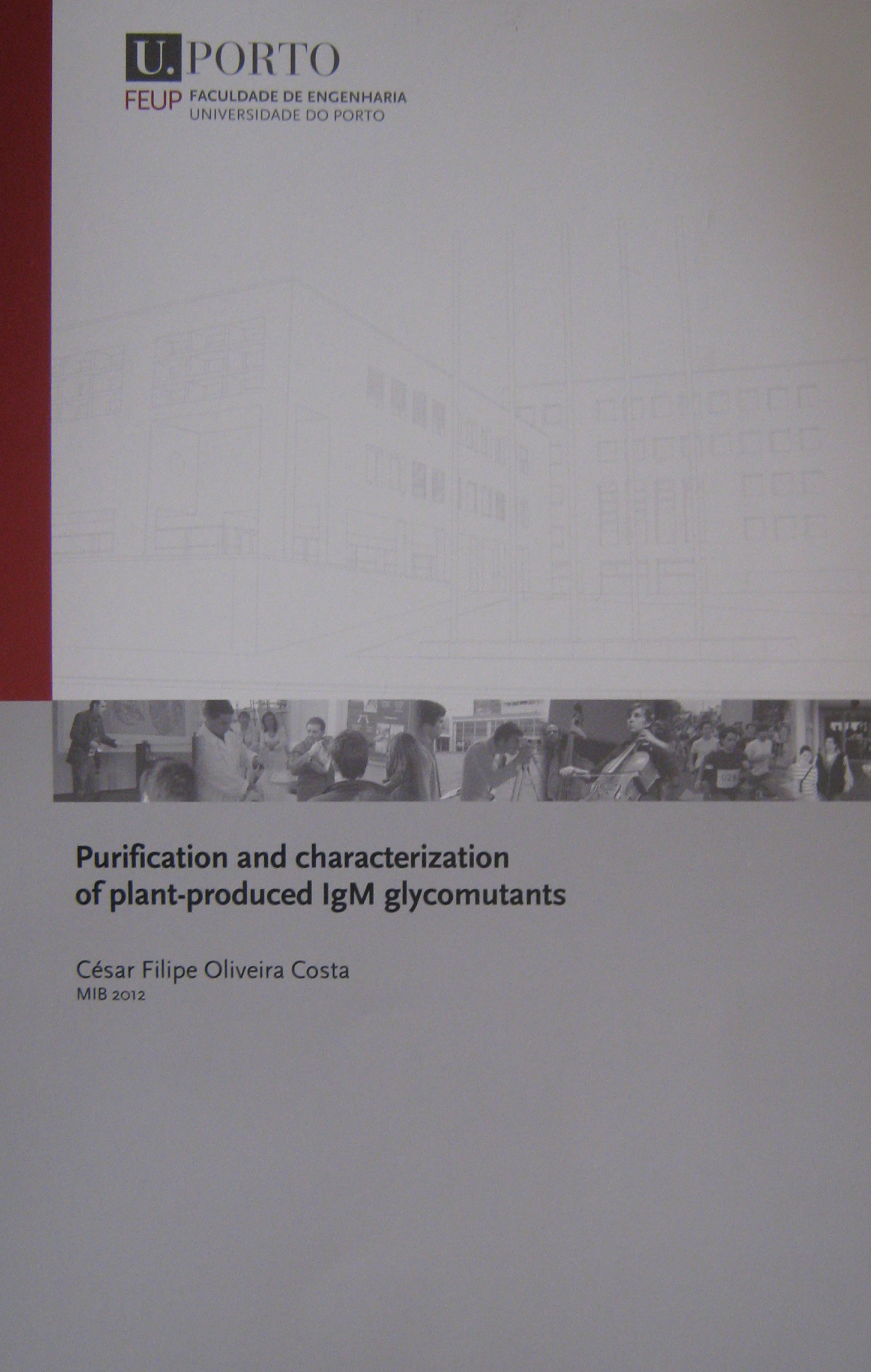César Costa
Personal Webpage
Master
I attended a master in bioengineering in the University of Porto (2010-2012). During the 4th semester of the program I moved to the University of Natural Resources and Life Sciences in Vienna (BOKU) where I was part of a research group coordinated by professor Herta Steinkellner. We conducted experiments in the field of Plant Glycobiology testing the production of recombinant proteins, namely antibodies. For several years this research group has given a major contribution for the “humanization” of the plant N-glycosylation patterns.
During my research activity we evaluated the influence of the N-glycans in the activity and stability of a specific class of plant-produced antibodies (IgMs).
For further details concerning procedures and main conclusions please check the abstract of the master thesis. The entire document will be available soon.
Thesis Abstract
|
The biopharmaceutical industry is experiencing a rapid development. Many of those biological products are of complex nature, thus rely on mammalian cell based expression systems. IgMs, an interesting class of therapeutic molecules, are particularly complex in terms of glycosylation. However, the influence of IgM sugar moieties on activity, stability and effector functions is not yet fully understood. The industry has been looking for alternative production systems to overcome limitations of mammalian cells. Accordingly, plants appeared as an attractive alternative. In this project various glycosylation mutants of two monoclonal IgMs (Sam6 and LM1) were generated by site-directed mutagenesis on asparagine residues and were transiently expressed in the model plant Nicotiana benthamiana. It was found that the mutations had an effect on the expression levels for LM1 and on degradation profiles for both IgMs. Furthermore, some mutations led to a negative effect on IgM folding and assembly since significant differences were detected on the oligomerization status of the individual glycosylation mutants. Sam6 glycomutants were successfully purified with Protein A, although the mutation on Asn402 have reduced the efficiency of the process. In addition, the overall N-glycosylation status of some glycomutants was changed since higher amounts of oligo-mannosidic structures were found. In summary, our results suggest that N-glycosylation, specifically on Asn402, is important for proper folding and assembly of IgMs. This seems likely as this specific N-glycosylation site is located inside the molecule and a missing N-glycan might lead to a significant structural change. |


|